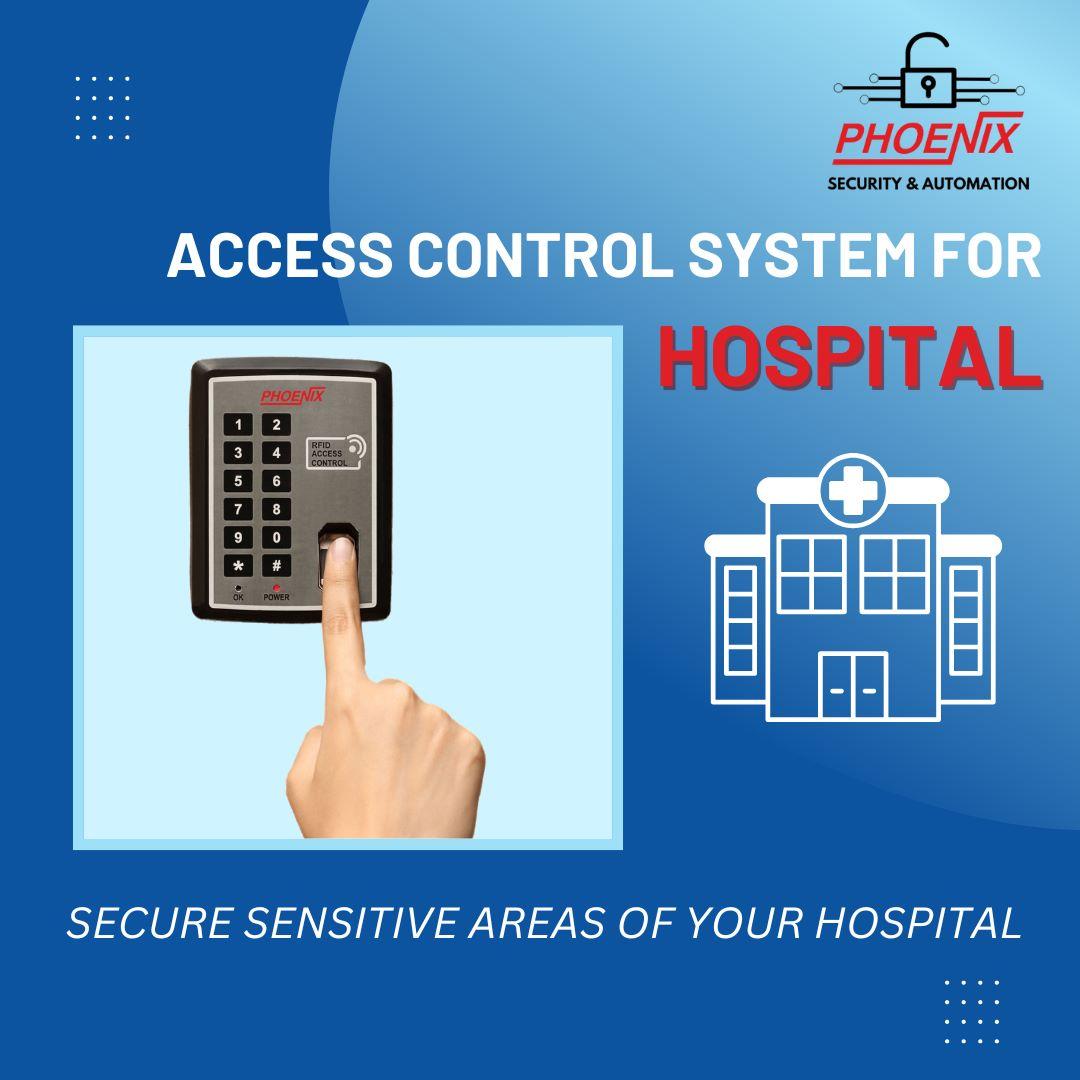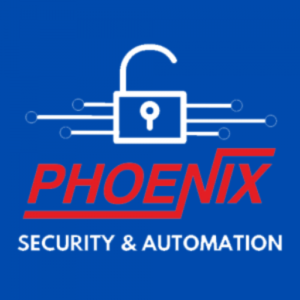Introduction:
In today’s rapidly advancing world, healthcare institutions face increasing challenges in maintaining a safe and secure environment for patients, staff, and valuable assets. To address these concerns, hospitals are turning to innovative solutions such as Access Control Systems (ACS). Access control systems have become an integral part of modern hospital management, providing a wide range of benefits that not only enhance security but also streamline operations and protect patient privacy. In this blog, we will explore the vital role of access control systems in hospitals and their impact on healthcare services.

1. Visitor Management and Hospital Security
Hospitals receive a constant flow of visitors, including patients’ families, vendors, and other guests. Managing visitor access is essential to maintain a secure environment. Access control systems allow hospitals to implement visitor management protocols, ensuring that only authorized individuals can enter restricted areas. With features such as visitor badges and temporary access permissions, hospitals can closely monitor visitor movements and reduce the risk of unauthorized access, protecting both patients and staff.
2. Streamlining Staff Management
Hospitals are bustling with healthcare professionals, support staff, and visitors. Managing the access of different personnel can be a complex task. Access control systems simplify staff management by assigning specific access levels to different roles. This means that doctors, nurses, administrators, and support staff are granted access only to the areas and information relevant to their responsibilities. Such precise access control not only enhances security but also improves overall staff efficiency.
3. Controlled Medication Access
In a hospital setting, access to medications must be strictly regulated to prevent unauthorized use or theft. Access control systems can be integrated with medication storage areas, such as pharmacies and drug cabinets, to limit access to authorized personnel only. This not only helps prevent medication errors but also reduces the risk of potential misuse of controlled substances, ensuring patient safety and compliance with regulatory requirements.
4. Enhancing Patient Privacy
Patient confidentiality is of utmost importance in the healthcare sector. With an increasing number of electronic health records and sensitive medical information stored digitally, it is critical to safeguard patient data from unauthorized access. Access control systems ensure that only authorized healthcare personnel can access patient records, reducing the risk of data breaches and enhancing overall patient privacy.
5. Emergency Response and Evacuation
In times of emergencies, quick and well-coordinated responses are critical. Access control systems aid in emergency preparedness and evacuation procedures. Hospitals can implement lockdown protocols during security threats or natural disasters, restricting access to certain areas and ensuring the safety of patients, staff, and visitors. Additionally, access control data can be utilized to track the movements of individuals during an emergency, helping authorities respond effectively and efficiently.
In Conclusion, the implementation of access control systems in hospitals has become a necessary and effective means to enhance security, protect patient privacy, and optimize staff management. By ensuring that the right people have access to the right areas and information, hospitals can operate more efficiently and focus on delivering high-quality healthcare services to their patients. As technology continues to evolve, access control systems will play an increasingly vital role in shaping the future of hospital management, making healthcare environments safer and more secure than ever before.
